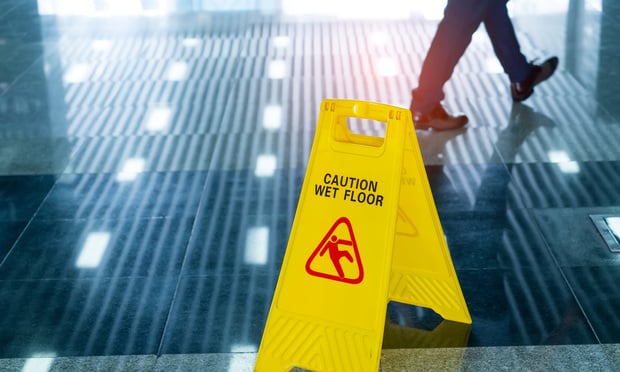- Anti-discrimination/fair employment practices: These include additional protected classes or impose restrictions on smaller-size companies that need to comply.
- E-Verify: All private-sector employers must enroll in the federal e-Verify system and use it to ensure all new hires are legally allowed to work in the U.S.
- Pregnancy accommodation: Employers must make reasonable accommodations to the known limitations related to pregnancy of an applicant or employee.
- Criminal background checks: Employers are restricted inquiring about — or requiring disclosure of — a job applicant's criminal record or criminal history.
- Credit checks: Employers are prohibited from taking employment actions related to the credit history or credit report of an employee or job applicant.
Want to continue reading?
Become a Free PropertyCasualty360 Digital Reader
Your access to unlimited PropertyCasualty360 content isn’t changing.
Once you are an ALM digital member, you’ll receive:
- Breaking insurance news and analysis, on-site and via our newsletters and custom alerts
- Weekly Insurance Speak podcast featuring exclusive interviews with industry leaders
- Educational webcasts, white papers, and ebooks from industry thought leaders
- Critical converage of the employee benefits and financial advisory markets on our other ALM sites, BenefitsPRO and ThinkAdvisor
Already have an account? Sign In Now
© 2025 ALM Global, LLC, All Rights Reserved. Request academic re-use from www.copyright.com. All other uses, submit a request to [email protected]. For more information visit Asset & Logo Licensing.








